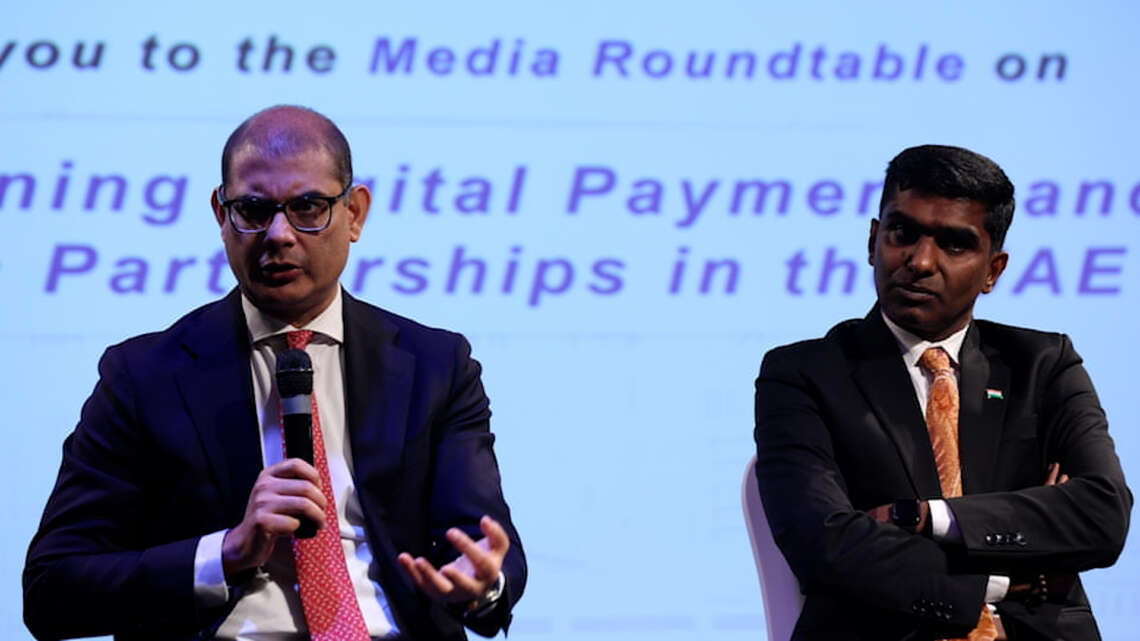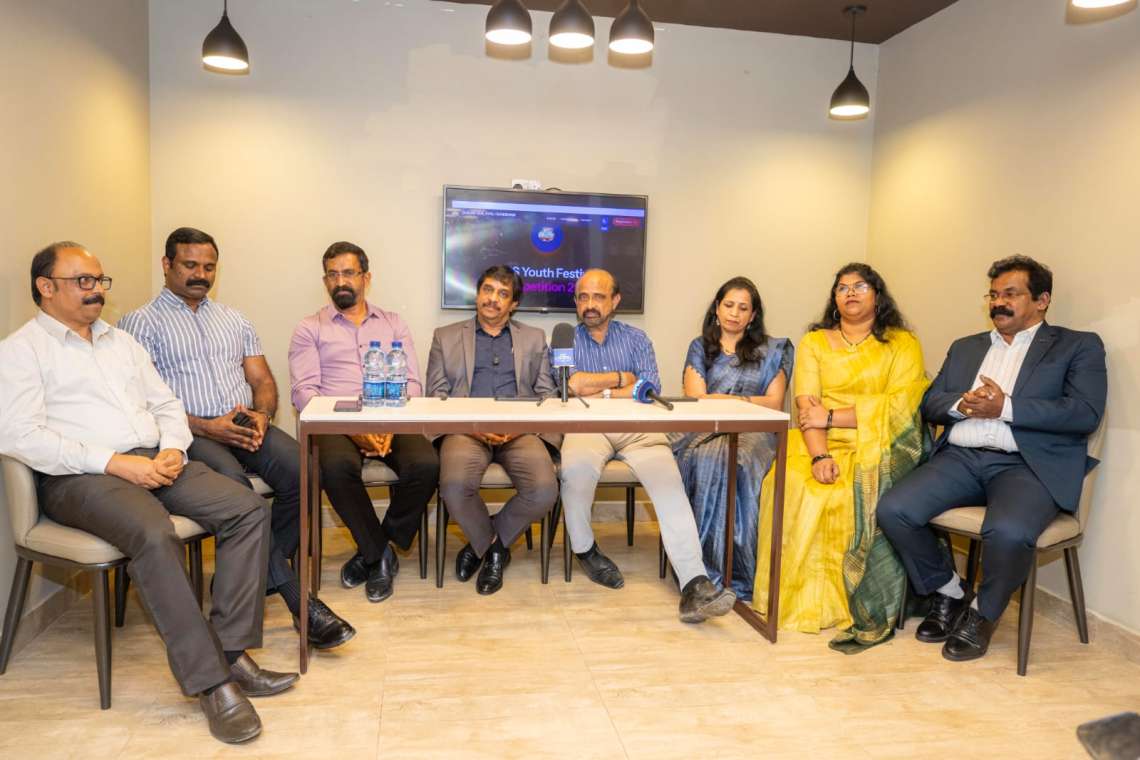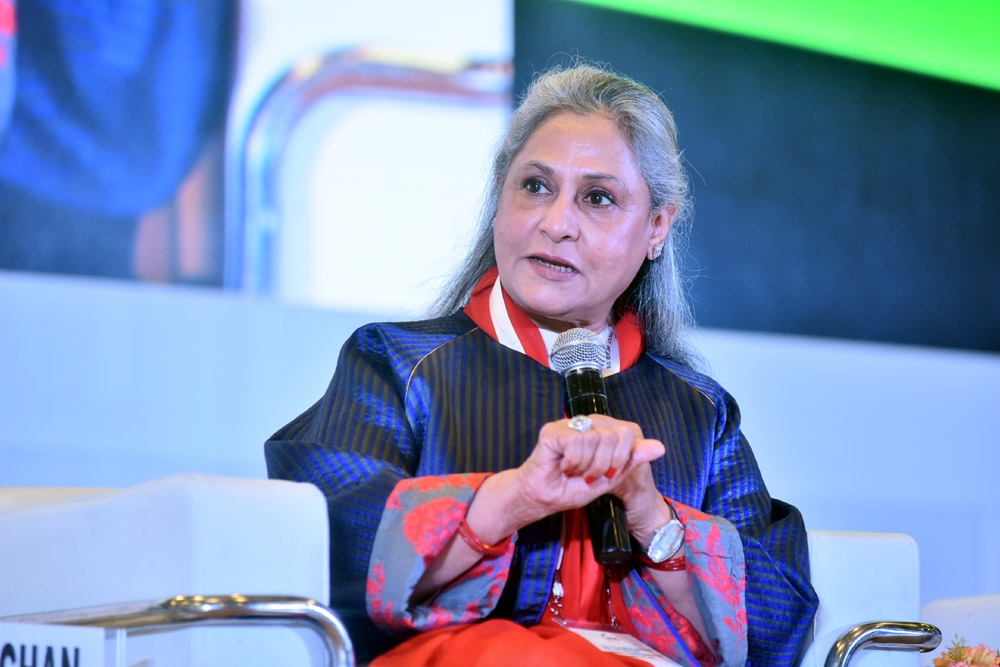India has been leading the fintech revolution and winning the game. Its next step that is quietly unfolding is the building of a fintech corridor between India and the UAE—the impact: greater transparency and partnerships…writes Soniya Kirpalani
For years what was a dream, is today a reality. Imagine when you, as an India traveler, you just pack your passport and smartphone and take a flight to Dubai, UAE. No need of getting cumbersome cash exchanges, no credit cards. Step into Dubai Mall, enjoy the shopping pay with a tap of your phone app. If you go out and admire art at Al Serkal, and suddenly decide you want to buy an art piece, even if it a 7 figure purchase-now there is no need of calling up your credit call company to increase your spending limit-as all it will take will be a tap on your UPI app.
This is no future fantasy, millions of Indians are living this experience of travelling to UAE today, thanks to a landmark digital partnership between India’s National Payments Corporation of India (NPCI) and the UAE’s top payment enablers. This is also transforming how the world thinks about money, especially as global economies grapple with the future of fintech, this collaboration between UAE–India collaboration offers a rare masterclass in digital diplomacy, technological sovereignty, and economic inclusion.
India’s Fintech Story has been nothing short of a phenomenal, in just over a decade India has risen from its villages into a vanguard. The country has not only leapfrogged the cash-heavy economies to processing over 49% of the world’s real-time digital payments. As of 2024, the country logged 170 billion digital transactions, valued at $2.8 trillion—with projections hitting $3.5 trillion in 2025.
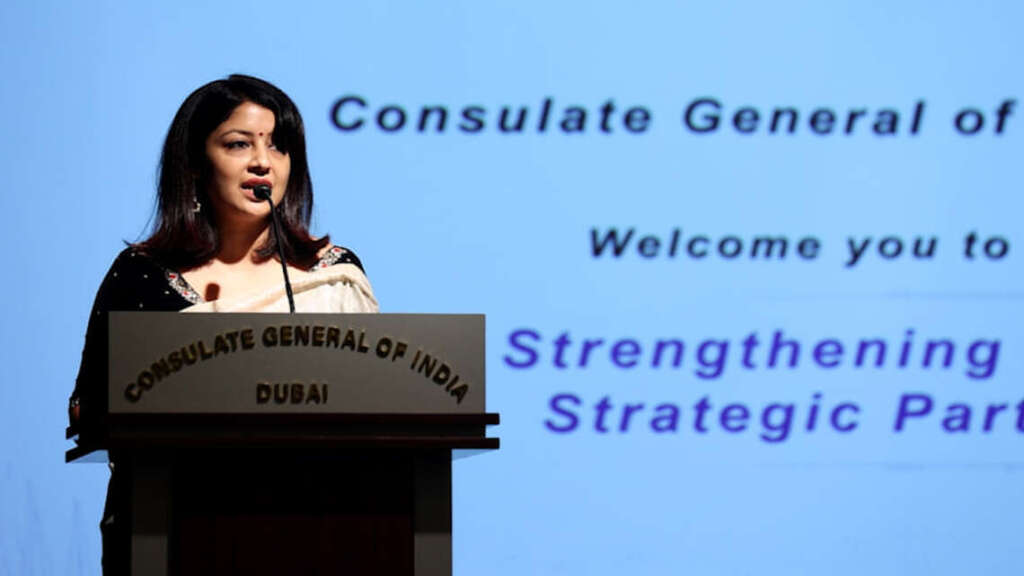
Behind this revolution lies a robust trinity, the 750 million smartphone users, the much touted 1.4 billion Aadhaar-enabled biometric identities and this move to offer a bank account to over 80% of adults. With this Digital Public Infrastructure laid out, India’s a four-layered stack that has enabled inclusion, innovation, and income generation at scale. H H Satish Kumar Sivan, Consul General of India in Dubai says, “This is more than just payments, this system lifted over 250 million people out of multidimensional poverty in India.”
UPI and RuPay is further powered by the NPCI, a 65-member consortium of Indian and global banks, payment apps, and fintech players. Their flagship platforms—UPI (Unified Payments Interface) and RuPay—are democratizing payments through open-source, low-cost innovation which seamlessly processes 18.5 billion transactions a month, making it the second-most active digital platform in India after WhatsApp. Unlike closed systems, UPI is interoperable, real-time, two-factor authenticated, and available to both smartphones and feature phone users.
“We often joke that we touch the lives of every Indian, every day,” smiles Ritesh Shukla, CEO of NPCI International. “Now we’re ready to do the same globally—starting with the UAE.” With over 4.36 million Indians living in the UAE and 5.5 million Indian tourists visiting annually, the Emirates was a natural partner for India’s international fintech expansion. And UAE: has become the first bridge towards a borderless fintech future.
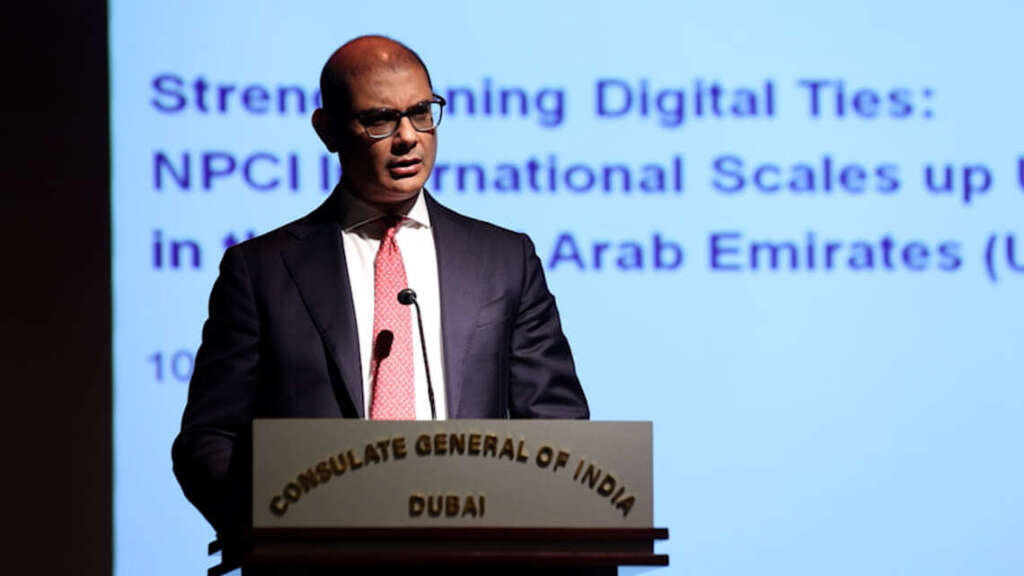
Since 2020, NPCI has worked with Mercury, Neopay, and Network International to integrate RuPay and UPI into the UAE’s payment ecosystem. With over 98% merchant terminals accepting UPI and RuPay, that has led to 80% UPI coverage across major retail and hospitality zones, with UPI being used across at restaurants, supermarkets, coffee shops, taxis, and attractions. And today, even the Indian traveler in Dubai, Abu Dhabi no longer needs to exchange currency or carry international cards.
Digital payments aren’t just convenient—they’re economically catalytic. UPI not only supports merchant payments but also promises to revolutionize international remittances, a lifeline for millions of Indian families.What’s more, the collaboration isn’t just about acceptance. NPCI is helping the UAE develop its own sovereign domestic card scheme, giving it fintech independence from Western networks like Visa and Mastercard. I
n the near future, users will be able to transfer funds directly from a UAE banking app to an Indian bank account using UPI—instantly, securely, and at low cost. Such cross-border integration is already live with Singapore and expected to follow in the UAE within months. One of the leading revenue generating sectors for the UAE is tourism. With India’s middle class expands and outbound travel surges (expected to hit 80 million Indian travelers by 2040), this seamless UPI experience is poised to turn UAE into the number-one destination for Indian tourism and business.
Beyond remittances, tourism and the visible impact as a real economic multiplier, India is using this form of fintech diplomacy to fuel its global ambitions. Beyond UAE, NPCI is exporting its model globally. Countries like Namibia, Peru, Sri Lanka, and Nepal are working with NPCI to build their own UPI-inspired ecosystems for domestic payments. And what is making these countries accept India’s offer? It is open source, low-cost, empowers digital sovereignty and its intuitive ability to scale in an inclusive manner, powering people and build the rails of financial power.
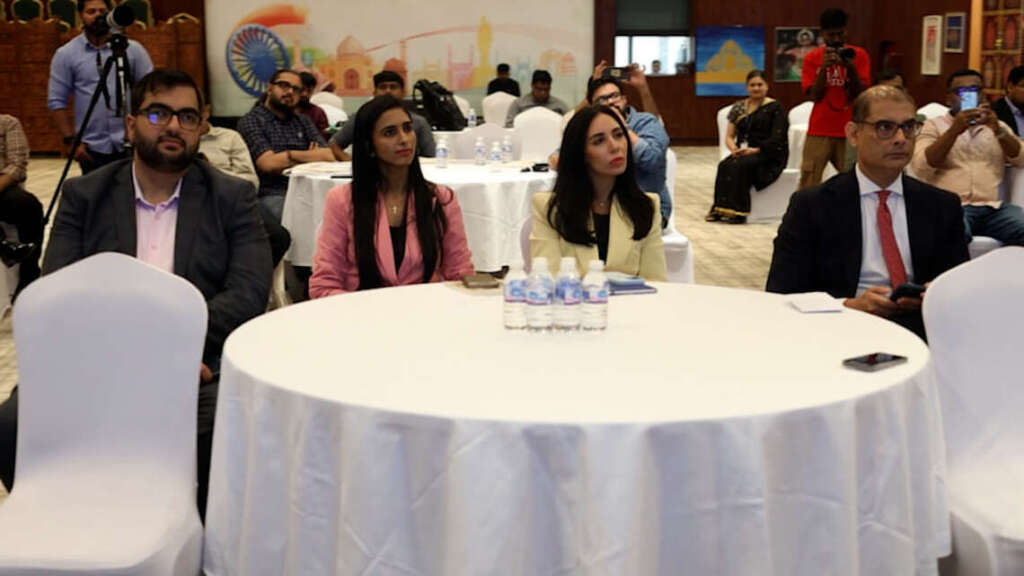
This is also a structural shift toward radical transparency and accelerated economic growth. By digitizing payments and displacing cash, the partnership eliminates opaque layers of financial transactions, curbing leakages, reducing fraud, and ensuring better tax compliance. Every digital transaction creates an auditable trail, enabling both governments and businesses to operate with greater efficiency and accountability. For small merchants and gig workers, this visibility translates into easier access to credit and working capital, fuels micro entrepreneurship and consumption. On a macro scale, the reduced cost of maintaining physical cash (estimated at 2–2.5% of GDP) is freed up for productive investments – so this is a growth multiplier and a transparency engine.Bottom of Form
With India now the fourth-largest economy and its fintech sector projected to grow from $111 billion to $428 billion by 2029, the world is watching closely. This step forward, as UAE–India partnership is not just about enabling transactions; it’s about sharing models of success, building sovereign infrastructure, and redefining economic diplomacy. As Shukla put it, “We’re not here to replace Visa or Mastercard. Our competition is with cash, with inefficiency, with exclusion.” So, its Passport + Phone = Payment with UPI having already won 80% market coverage in 2025.

